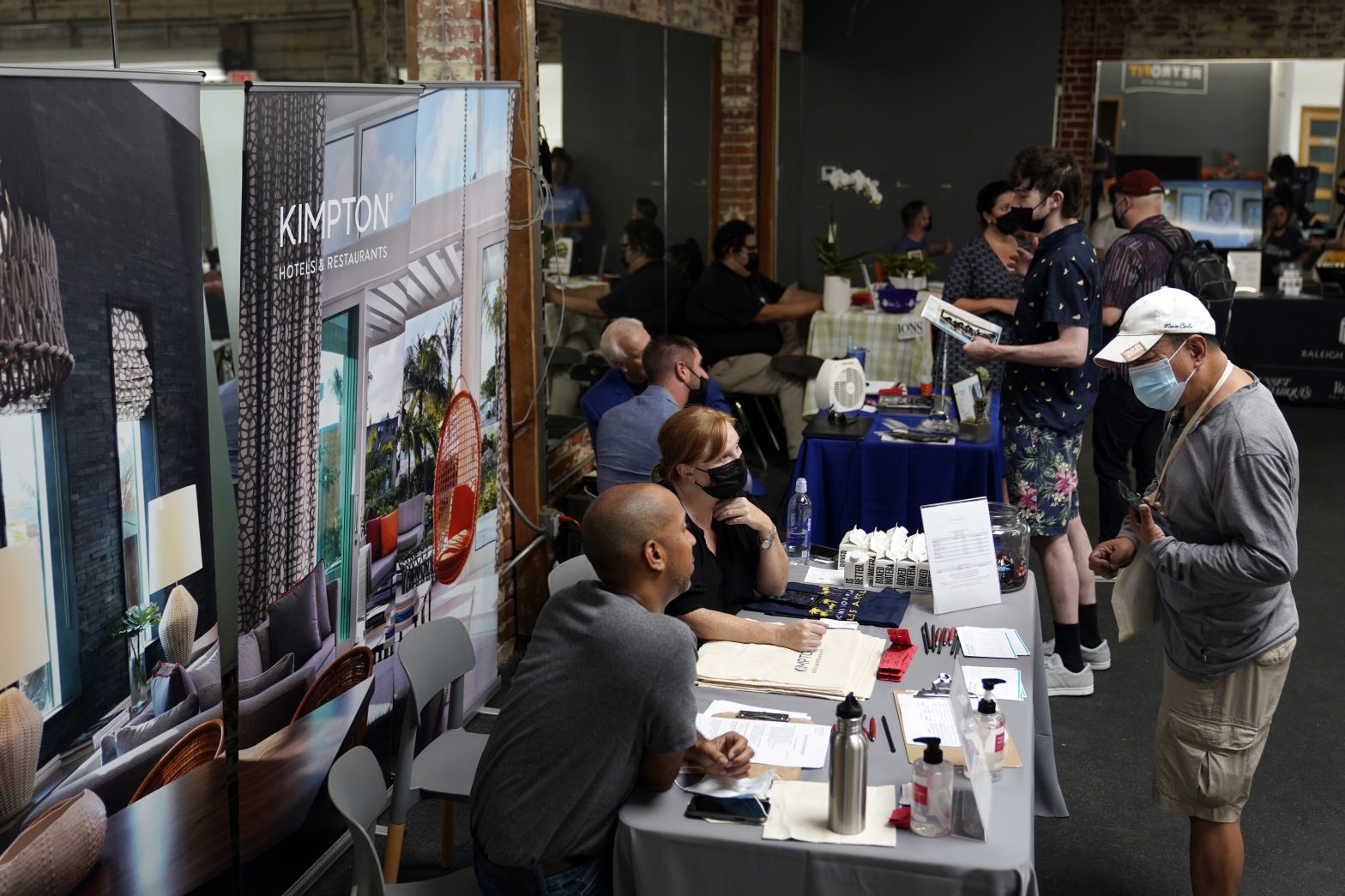To Be Competitive, Businesses Must Expand DEI Efforts to Include Neurodivergence
COMMENTARY

As our economy starts to bounce back from the pandemic, employers are struggling to hire enough people to meet demand.
Meanwhile, in the United States it is estimated that 82% of people on the autism spectrum are unemployed, compared with 4.2% of the overall population. This number would likely be higher if you include all people who are neurodivergent, or people who see, understand and think about the world in different ways.
Leaving so much talent on the table is not only bad for business, but it limits America’s competitiveness globally.
Over 30% of people in the United States are considered neurodivergent, including people with ADD/ADHD, dyscalculia, autism, dyslexia and other conditions.
While no two people who are neurodivergent are the same, studies have shown that neurodivergence “can bestow special skills in pattern recognition, memory or mathematics,” that make them strong candidates for many roles, according to the Harvard Business Review.
And yet, people who are neurodivergent rarely make it through employers’ applicant screening processes because they are built around a very specific way of thinking and engaging others.
Studies show that a diverse workforce fosters productivity, creativity and makes companies more competitive. Many companies have integrated diversity, equity and inclusion frameworks into their recruitment, hiring and company culture over the last decade, but neurodivergent individuals are often left out of these programs. They continue to be unemployed and/or underemployed.
As a business leader and the father of three children, all of whom are neurodivergent, I know what kinds of obstacles neurodiverse people encounter.
My twin boys refused to let their dyslexia stop them from excellence. They are currently studying Civil Engineering at Louisiana Tech University. My daughter has overcome ADD and found success in her own right, recently graduating from Louisiana State University with a degree in Landscape Architecture.
People who are neurodivergent may require different styles of management and different tools in order to perform their duties, but they are critical thinkers, supportive employees and can serve as a critical resource to employers.
In our current conversations about diversity, equity and inclusion, we must not leave out those of us who are neurodivergent.
Delano Wilson is the owner and CEO of M*A*C*S* LLC, a communications firm that specializes in social, economic and political neurodiversity business strategies. Mr. Wilson’s commitment to civic-minded duties and advocacy includes serving on numerous boards and as a charter member of Magnolia School of Excellence in Shreveport, Louisiana. Mr. Wilson has been recognized as the Small Business of the Year and 40 Under 40 Young Professional of the Year honoree by the Shreveport Chamber of Commerce. He has been featured in The Forum’s “Top 10 Faces to Watch,” the Shreveport Times “CEO at a Glance,” and KTAL 6 and KTBS 3 news’ “Profile of Successful African Americans.” You can watch a KSAL12 TV interview with Mr. Wilson’s family here.






















